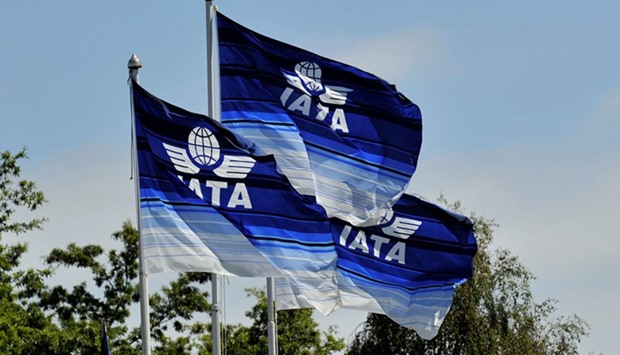“Growth in employment was strong in 2015, and IATA’s survey of airline CFOs in April showed a rising net balance of those saying they would increase hiring over the next 12 months,” the International Air Transport Association said in its mid-year report on the “Economic performance of the airline industry”, which was released at the 72nd IATA AGM in Dublin.
IATA estimates that total employment by airlines will reach 2.61mn in 2016, a gain of almost 3% compared to 2015.
Productivity is expected to be strong, as capacity accelerates in 2016, with the average employee generating almost 500,000 available tonne kilometres (ATKs) a year, which is a 3.4% improvement over last year.
Wages and jobs will rise as employees share the benefits of improved performance.
There are risks if labour costs become unsustainable when the next downturn arrives. But IATA expects a relatively small rise in unit labour costs in 2016.
The jobs being created are not just productive for their airline employers; they are also highly productive for the economies in which they are employed.
IATA estimates that the direct gross value added (GVA) for national economies, generated by the average airline employee, will rise 5.3% this year to over $100,000 a year, which is well above the economy-wide average.
“Additional jobs in the airline sector will raise average levels of productivity in an economy,” the report noted.
The report also noted infrastructure partners played an important role in the service airlines provided to their customers, affecting the experience, the timeliness of the journey, and its cost.
The direct cost paid for using infrastructure has increasingly been transferred to the passenger. Overall the cost of using airport and other infrastructure has risen steeply over the past decade, partly because competitive pressures are very weak in this part of the supply chain.
This contrasts with the relatively limited rise in other non-fuel airline costs, the report said.
Moreover, inefficiencies causing delay and inefficient routings add to the direct cost, it said.
IATA forecasts that the delays caused by inefficient airspace management in Europe alone will cost the industry over €2.8bn in 2017, as well as generating unnecessary CO2 emissions. The time passengers waste in these delays is a consumer cost worth an estimated €4.8bn.

Flags are seen at the 2016 International Air Transport Association (IATA) Annual General Meeting (AGM) and World Air Transport Summit in Dublin, Ireland
Dublin: Airlines are expecting to continue the “strong pace of hiring” over the coming year; IATA said and expects the total employment by airlines worldwide will reach 2.61mn this year.

